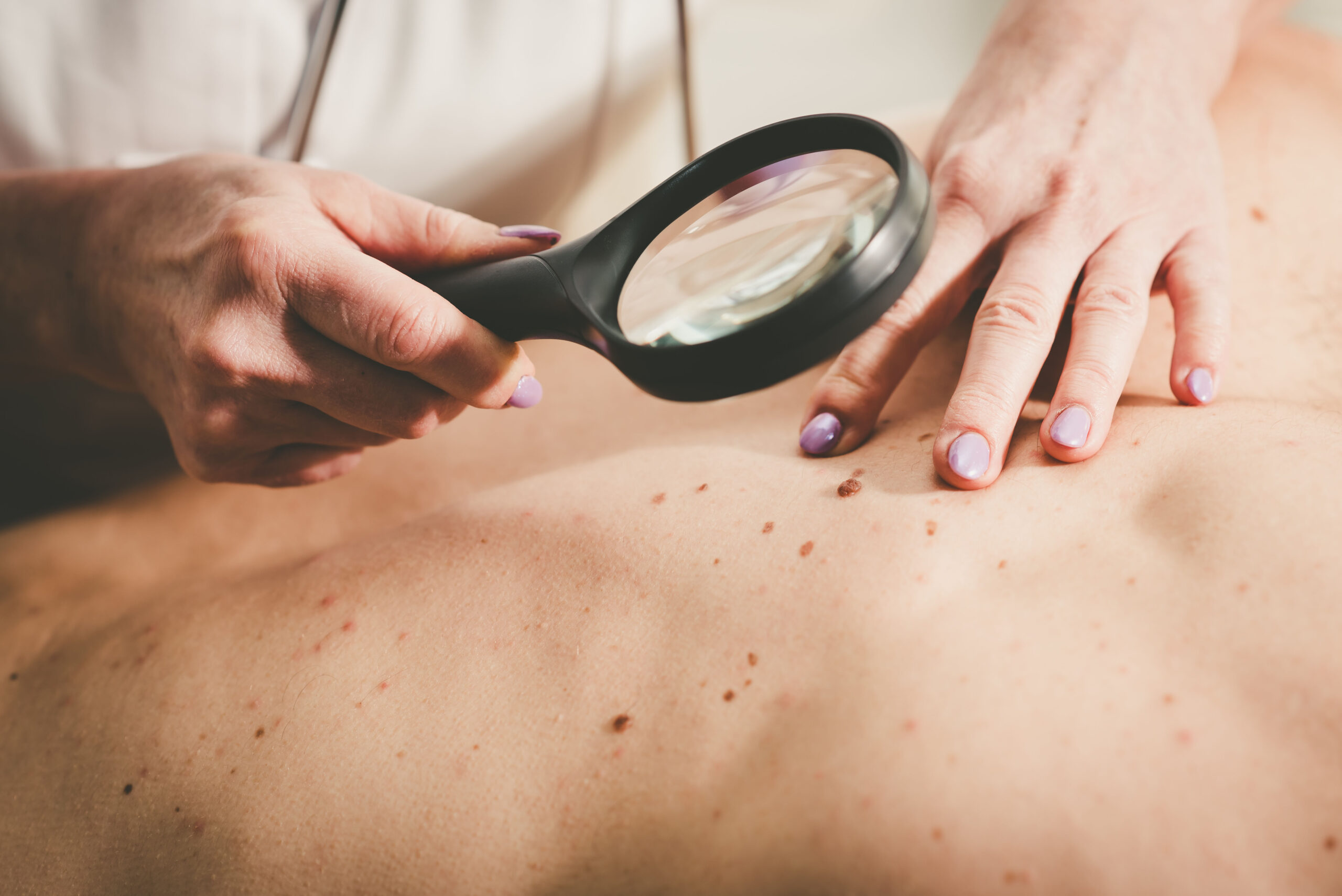
Health News
Features
-
A Heartbeat Away
Man’s Aortic Dissection Brings Clarity, New Way of Life
-
Are You Skin Savvy?
Protection and Detection Are Key to Skin Cancer Treatment
-
All Skin Needs UV Protection, Not Just Fair Skin, Sponsored by Central Florida Health Care
by TERESA SCHIFFER Sponsored by Central Florida Health Care It’s summertime in Florida, and those long summer days drench us in even more sunshine than we get throughout the rest of the year. Are you wearing sunscreen? If not, you definitely should be. Damage from the sun’s ultraviolet radiation adds up over the…
Columns
-
Kybella Injections Target Fat in Chin, Neck
If you’re self-conscious about the appearance of your chin and neck area, Kybella might be for you. Kybella is the commercial name for deoxycholic acid, a product that kills fat cells. This acid actually already exists in our bodies, just in the digestive system. It breaks down fats so they’re more easily digested. It can…
-
What is Bell’s Palsy?
By: Edward Attaway, O.D. Bell’s Palsy is a condition in which one side of the face typically experiences temporary paralysis, often lasting from 3-6 months. It results from a dysfunction of the 7th cranial nerve, also referred to as the facial nerve, which controls the muscles on the side of your face. Affected muscles include…
-
When Do You Visit the Doctor for Hives?
Hives are itchy patches of skin that turn into swollen, itchy welts. They can vary in size. Chronic hives are defined as hives that last for more than six weeks and return over the course of months or years. The cause of chronic hives is often unknown. These welts are caused by some reaction that…




